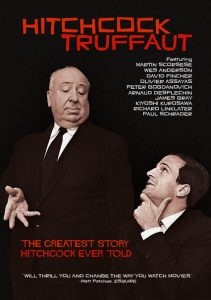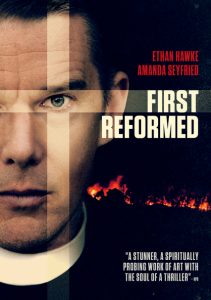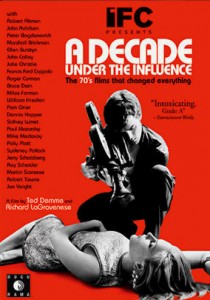Cat People-1982
Director Paul Schrader
Starring Nastassja Kinski, Malcolm McDowell, John Heard
Scott’s Review #1,275
Reviewed July 10, 2022
Grade: B+
Cat People (1982) is a mysterious and psychological trip into the strange universe of humans possessing cat qualities, sometimes with a tendency towards vicious limb extraction and other such mauling techniques.
It’s an absurd premise though admittedly clever with an identity all its own. Feeling slightly dated mostly due to the early 1980s synthesizer-like musical score, film style, and the casting of some actors at the top of their game, Cat People is nonetheless enjoyable and sexual.
Especially recommended is a late Friday or Saturday night viewing with as little light as possible for the best ambiance.
Since our rented DVD copy was ravaged by poor visual quality and hard-to-hear sound, a thought is to simply buy the film.
The 1982 version of Cat People is directed by Paul Schrader who is best known for writing or co-writing Scorcese greats Taxi Driver (1976) and Raging Bull (1980). The director also has his share of his films as recent as 2021.
His production is a remake of one made some forty years earlier which I have not seen.
The mood of Cat People is an overwhelmingly sensual and violent horror and thriller tale. The action immediately gets off to a sexually perverse start when during presumably prehistoric days, a wild black panther impregnates a young girl offered to him via sacrifice.
The message is clear that this results in a weird human/cat hybrid being coming into existence.
In present times, Irena Gallier (Nastassia Kinski) harbors a dark family secret that she despises. She reconnects with her estranged brother, Paul (Malcolm McDowell) who shape-shifts into a savage beast. He lives in the southern city of New Orleans and has spent time in a mental hospital.
Irena visits the local zoo and finds herself attracted to handsome zoologist Oliver Yates (John Heard), even as her brother makes his incestuous advances toward her. Inevitably, the family curse rears its ugly head when Paul rips the arm off one of the zoo workers played by a young Ed Begley Jr.
I like tremendously how Schrader incorporates New Orleans as the central setting. Having nothing really to do with the story the French-influenced city is nice to look at as restaurant scenes feature Creole style and other southern/European sophisticated little gems.
Ruby Dee is cast as a wacky housekeeper named Female rippling with New Orleans flair and who is aware of the terrible family secret.
Nastassja Kinski is perfectly cast as the provocative and sultry main character and she effortlessly leads the charge. Others like Heard and Annette O’Toole who were A-list stars in the early 1980s provide a time capsule of Hollywood relevancy.
Unfortunately, this also makes Cat People feel like from another time and the 1980s film style is painfully obvious.
The growling and vicious cats feel both scary and fake during close-ups but imagine the trickery of using real-life leopards? The filmmakers did the best they could and this is also obvious.
Some sequences are quite grisly and when they aren’t there are best-remembered scenes of peril and intrigue. O’Toole’s character of Alice (another zoologist) takes a late-night dip in a swimming pool and is harassed by a menacing Irena.
Earlier, a great scene occurs when a prostitute named Ruthie visits her client in a dingy motel room only to realize that her john is a mean leopard. We assume she will be ripped to shreds but this dubious honor is saved for another slutty character who Paul picks up at a funeral.
An attempted triangle between Irena, Oliver, and Alice goes nowhere and bewildering is why the decision was made to even try. The power couple is Irena and Oliver as their smoldering love scenes are sensual and skin heavy professing almost immediate love for each other.
With enough explicit sex and gratuitous violence to keep many viewers titillated, Cat People (1982) has positives and negatives. When it was released I bet it was a pot boil of juicy and relevant intrigue, but the film hasn’t held up quite as well as some others.



